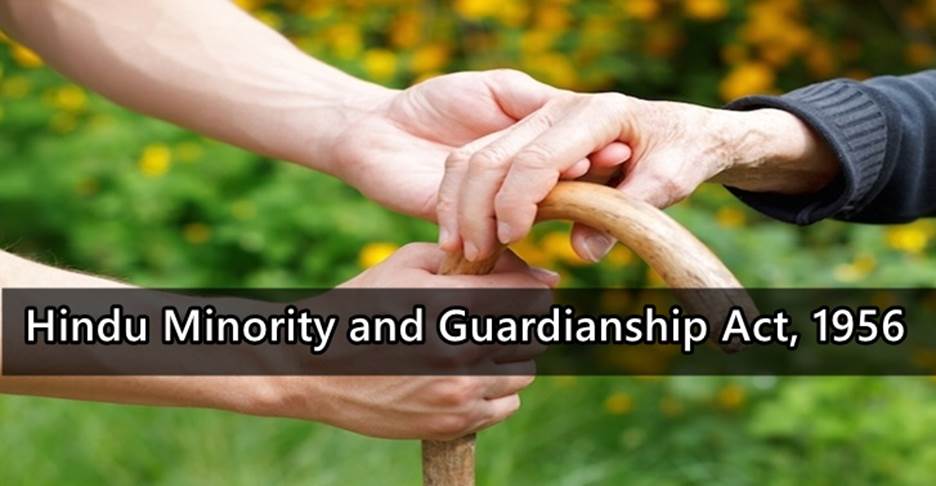Free Courses Sale ends Soon, Get It Now


Free Courses Sale ends Soon, Get It Now



Copyright infringement not intended
In News
Key Recommendation of Parliamentary panel on guardianship and child custody
The present law on guardianship
Way Forward
https://epaper.thehindu.com/Home/ShareArticle?OrgId=GROA4NLOU.1&imageview=0
https://t.me/+hJqMV1O0se03Njk9
© 2024 iasgyan. All right reserved